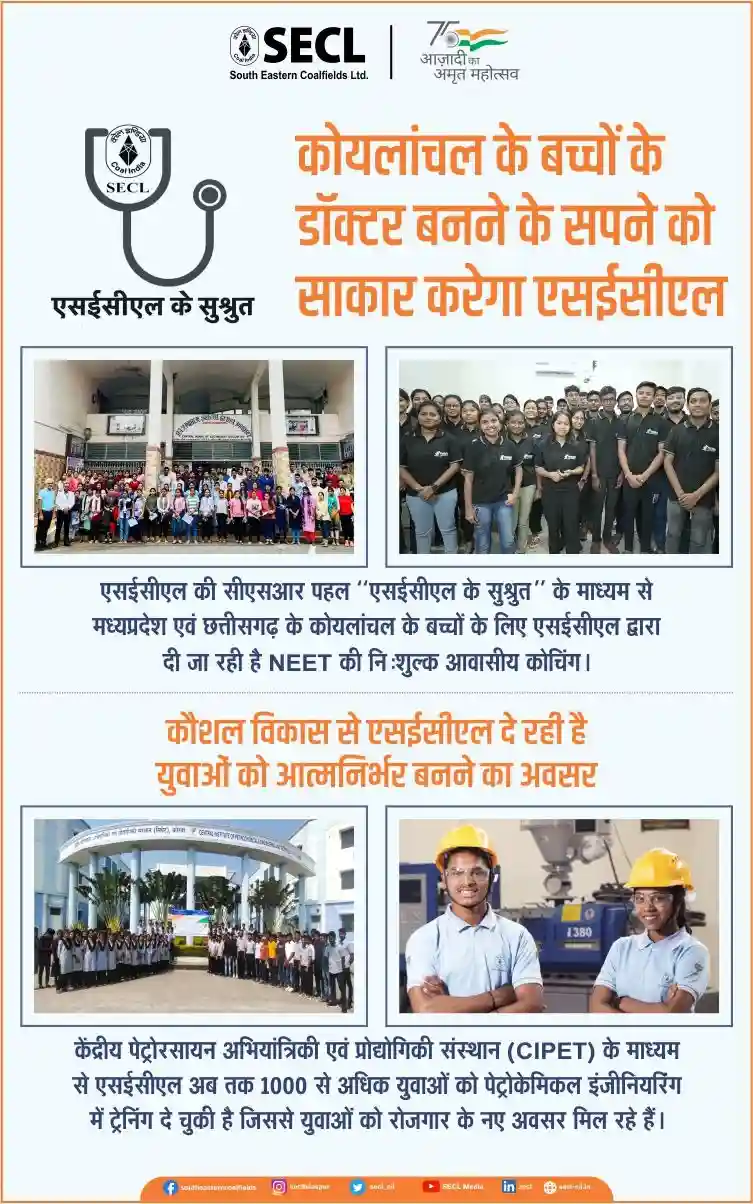Recapitalisation and reforms in recent years have worked well for public sector banks, resulting in cleaner balance sheets, State Bank of India (SBI) Chairman C.S. Setty said on Tuesday.
The savings behaviour has also changed, as depositors are practising asset allocation across segments, Setty said during the NDTV Profit Conclave here.
He highlighted the critical role of capital in achieving the vision of a developed India (Viksit Bharat) and stressed the need for diversified sources of debt capital beyond traditional bank loans.
“The trust element was always there, and PSBs have always enjoyed a great amount of trust from depositors. What has changed in recent years is that recognition, recapitalisation, and reforms have truly worked for public sector banks,” he told the gathering.
Setty further stated that the balance sheets are cleaner.
“Most importantly, from the last cycle, we have learned our lesson in terms of using the vast amount of data now available to underwrite loans effectively,” he said.
PSU banks, traditionally wholesale lenders, have now adopted a diversified mix of retail, agriculture, MSME, and corporate loans, resulting in more balanced loan books.
According to Setty, capital is a critical element for the blueprint of Viksit Bharat.
“Currently, much of the debt capital comes from bank loans. The nature of savings is undergoing a change, with a shift in depositors’ behaviour and asset allocation across segments of savers,” he stated.
The SBI Chairman emphasised the need to deepen the bond market and leverage capital from mutual funds, insurance, and pension funds to achieve the goal of a $35 trillion economy by 2047.
The country’s largest public sector lender reported an impressive 84.32 per cent surge in net profit year-on-year, reaching ₹16,891 crore for the October-December quarter (Q3 FY25), compared to ₹9,164 crore in the year-ago period. The profit rise was driven by higher core income during the quarter.
The net interest income (NII), or core income, increased by 4.09 per cent from a year ago, standing at ₹41,445.5 crore compared to ₹39,816 crore, according to the bank’s stock exchange filing.
The gross NPA ratio improved to 2.07 per cent as of December 31, 2024, down from 2.13 per cent in the September quarter. On a sequential basis, the net NPA ratio remained unchanged at 0.53 per cent.















